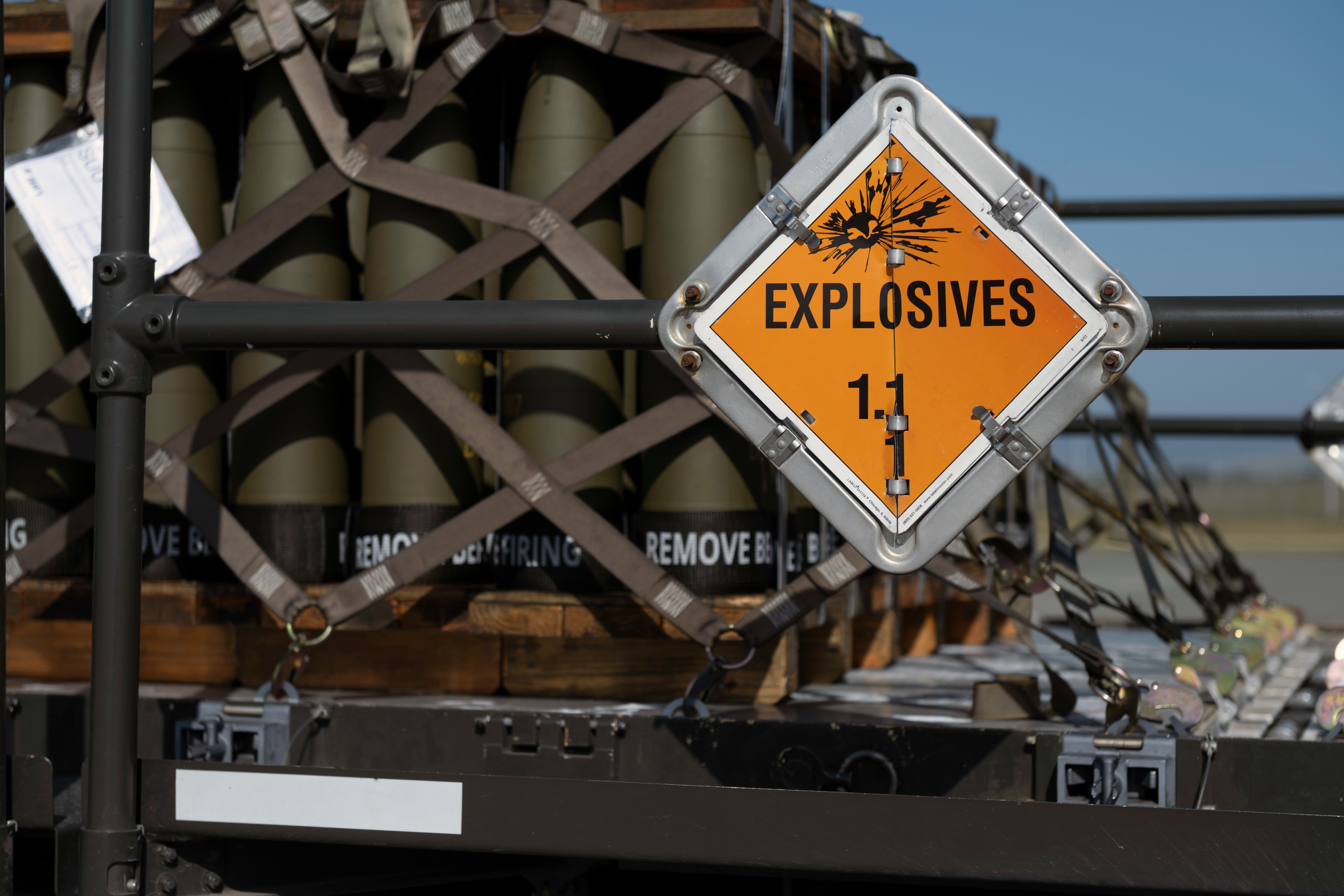
Wars of conquest could become the new normal if unprovoked attacks like Russia’s invasion of Ukraine go unchecked, France’s minister for Europe and foreign affairs warned last week.
The invasion provides models for other aggressors in Europe, the Indo-Pacific, Middle East and Africa, Catherine Colonna said Friday at the Center for Strategic and International Studies.
“The stakes are far beyond Ukraine and Europe,” she said. “We cannot afford that” to happen.
On Ukraine, she said France and the European Union agree that “we will support our partners as long as it takes.” France itself is taking in 2,000 Ukrainian troops for advanced weapons systems training and the other 26 EU members will train 13,000 more.
“We’re doing our utmost to meet our responsibilities,” if not always discussing publicly exactly what Paris and Kyiv have agreed upon. She added that France has been sending artillery, light-armored vehicles and ammunition to assist the Ukrainians, and has strengthened the supply chain to keep weapons and systems moving. France is also working with other European nations on common defense investments to improve their own security at a lower cost than going it alone.
When asked about Russian President Vladimir Putin’s threat to use tactical nuclear weapons in Ukraine, Colonna said, “we call on Russia to act [as] a responsible power.”
Noting that relations between France and the United States had reached a low point last year, Colonna said, “France may be a troublesome ally at times,” but “France is your ally and so is Europe.”
The abrupt cancellation of the major submarine construction contract between Paris and Canberra to build extended-range conventionally-powered submarines for Australia triggered France’s anger. In its place, Australia signed a technology-sharing agreement with the United States and the United Kingdom, known as AUKUS, that includes building nuclear-powered submarines with the cooperation of London and Washington. In response, France recalled its ambassadors to Australia and the United States.
Since then, relations between Washington and Paris have improved. President Joe Biden is set to host French President Emmanuel Macron at his administration’s first state dinner in December.
Saying not all issues have been resolved between the two on trade, Colonna said, “we need each other; we need to trust each other.”
She downplayed the idea that strengthening the EU militarily affected NATO’s readiness as a security alliance. “A stronger NATO is good for Europe, and a stronger Europe is good for NATO.” As an example of that, Colonna said France, a leader in the EU, itself has dispatched forces to Romania and Estonia and other Baltic nations to demonstrate its commitment to NATO in the wake of the Russian assault on Ukraine.
Likewise, the EU has consistently responded with tougher economic sanctions on the Kremlin for its aggression and last week added Iran to the list for supplying Moscow with kamikaze drones that are now targeting civilian infrastructure in Ukraine.
“Who are the good partners,” she asked rhetorically about EU support in Ukraine and now in the Indo-Pacific.
“We in Europe are ready, willing and able to meet our responsibilities” not only to Ukraine, despite its energy supply costs to EU members as winter approaches and rising inflation, especially on food prices, Colonna said.
She said those responsibilities also cover “terrorist threats in the Levant and Libya,” thwarting Iran’s ambitions to become a nuclear power, countering Russia’s Wagner Group efforts to destabilize the African Sahel and addressing China bullying Taiwan and making territorial claims in the Indo-Pacific.
Looking at the Indian and Pacific oceans, where France has possessions, she said “there can be no choice” if there is only one model – China’s – to follow. The alternative model offered by the U.S., the EU and others is an open one – fostering trade, connectivity and protecting the environment.
Colonna said Paris “is moving the EU in that direction” as a group and as individual nations.





